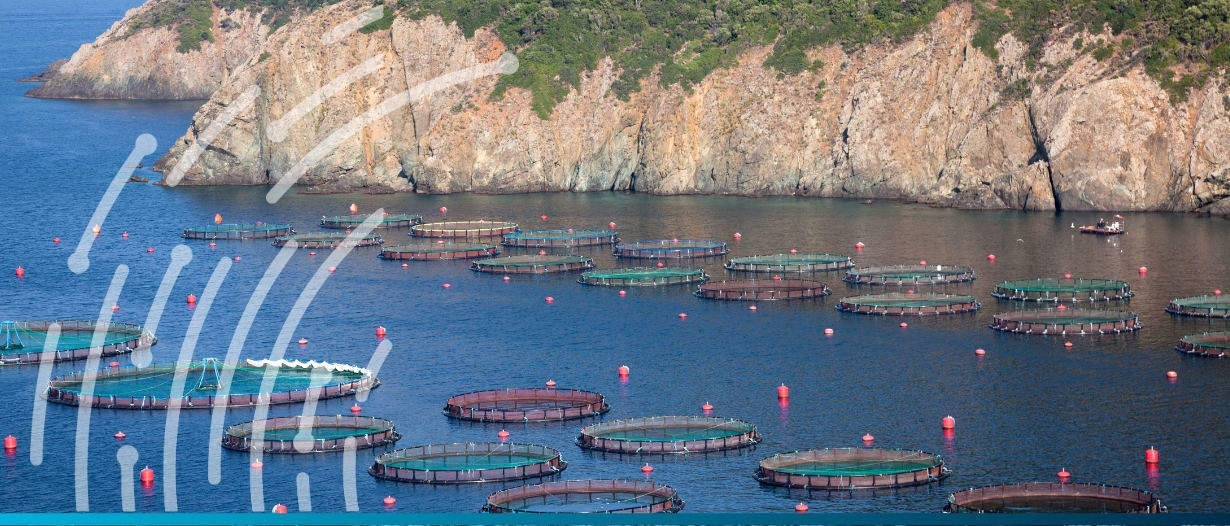Estimated reading time: 2 minutes
After 17 years of negotiating its ascension, Comoros has become the 165th member of the World Trade Organization (WTO) as of 21 August 2024. Comoros also accepted the WTO Agreement on Fisheries Subsidies, bringing the total number of acceptances to 82.
This makes Comoros the 10th least-developed country (LDC) to accede through negotiations. The nation has committed to implementing WTO agreements across various sectors, such as Trade Facilitation, SPS, TBT, and TRIPS.
In 11 services sectors and 107 sub-sectors, Comoros has undertaken commitments which generally involve providing market access and national treatment: some sectors will have no limitations on cross-border supply, consumption abroad, and commercial presence. Notably, Comoros has agreed to bind its agricultural export subsidies at zero.
Furthermore, Comoros’s acceptance of the Fisheries Subsidies Agreement edges the WTO closer to the two-thirds majority needed for the agreement to enter into force.
Harmful subsidies are a key factor in the depletion of fish stocks around the world; the Agreement prohibits subsidies for illegal, unreported and unregulated (IUU) fishing, for fishing overfished stocks, and for fishing on the unregulated high seas.
Looking ahead, the WTO continues to expand its global reach, with 22 governments still in accession negotiations, including eight African countries. Timor-Leste is set to become the next member on 30 August, further diversifying the organization’s membership.
As the WTO grows, it faces the challenge of balancing diverse economic interests while promoting fair and open global trade. Nonetheless, according to WTO Director-General Ngozi Okonjo-Iweala, Comoros has demonstrated its commitment to trade liberalisation and integration into the global trading system.
She said, “Comoros can use WTO accession as a vehicle for modernization, economic transformation and a complement to the country’s regional integration agenda on the African continent. Comoros’s membership will add a valuable voice to the multilateral trading system.”























